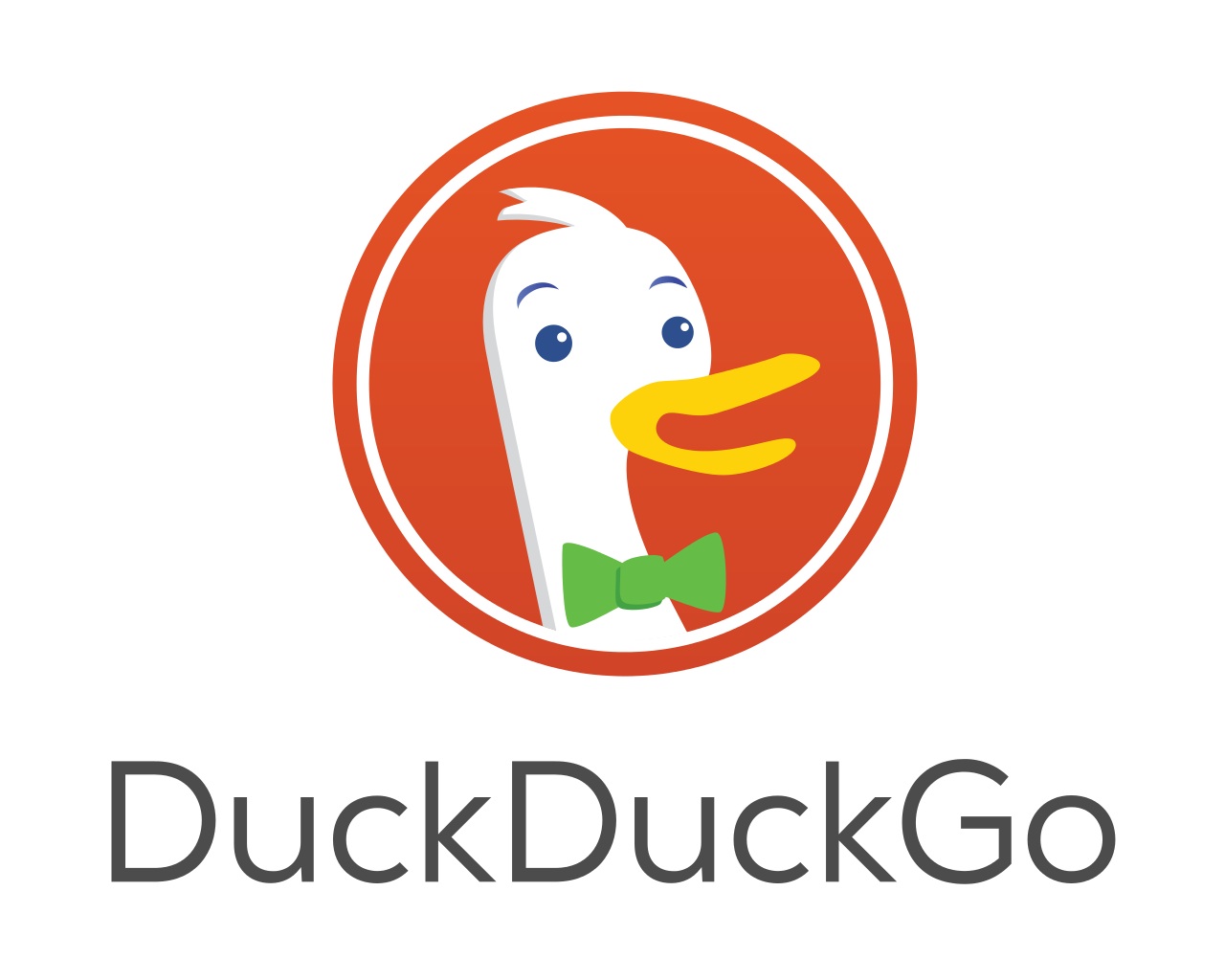Check your DuckDuckGo cheatsheets with Perl

With DuckDuckGo’s global Quack & Hack just around the corner, I’ve pulled together a script for checking cheatsheets. The script checks the cheatsheet is valid JSON and has the required entries and values.
Setup
To run the script, download it from Github. It requires the JSON and HTTP::Tiny Perl modules which you can install with cpan at the terminal:
$ cpan JSON HTTP::Tiny
Be sure to give execute permissions to the script too:
$ chmod 744 cheatsheet_check
Usage
Once you have a cheatsheet in JSON that you want to check, just pass the filepath to cheatsheet_check:
$ ./cheatsheet_check /path/to/cheatsheet.json
Example output for the perldoc cheatsheet:
# Subtest: file
ok 1 - file exists
ok 2 - filename is appropriate
ok 3 - file content can be read
ok 4 - content is valid JSON
1..4
ok 1 - file
# Subtest: headers
ok 1 - has id
ok 2 - has name
ok 3 - has description
1..3
ok 2 - headers
# Subtest: metadata
ok 1 - has metadata
ok 2 - has metadata sourceName
ok 3 - has metadata sourceUrl
ok 4 - sourceUrl is not undef
ok 5 - fetch sourceUrl
1..5
ok 3 - metadata
# Subtest: sections
ok 1 - has section_order
ok 2 - section_order is an array of section names
ok 3 - has sections
ok 4 - sections is a hash of section key/pairs
ok 5 - 'Usage' exists in sections
ok 6 - 'Module Options' exists in sections
ok 7 - 'Search Options' exists in sections
ok 8 - 'Common Options' exists in sections
ok 9 - 'Search Options' exists in section_order
ok 10 - 'Search Options' is an array
ok 11 - 'Search Options' entry: 0 has a key
ok 12 - 'Search Options' entry: 0 has a val
ok 13 - 'Search Options' entry: 1 has a key
ok 14 - 'Search Options' entry: 1 has a val
ok 15 - 'Search Options' entry: 2 has a key
ok 16 - 'Search Options' entry: 2 has a val
ok 17 - 'Common Options' exists in section_order
ok 18 - 'Common Options' is an array
ok 19 - 'Common Options' entry: 0 has a key
ok 20 - 'Common Options' entry: 0 has a val
ok 21 - 'Common Options' entry: 1 has a key
ok 22 - 'Common Options' entry: 1 has a val
ok 23 - 'Common Options' entry: 2 has a key
ok 24 - 'Common Options' entry: 2 has a val
ok 25 - 'Common Options' entry: 3 has a key
ok 26 - 'Common Options' entry: 3 has a val
ok 27 - 'Common Options' entry: 4 has a key
ok 28 - 'Common Options' entry: 4 has a val
ok 29 - 'Module Options' exists in section_order
ok 30 - 'Module Options' is an array
ok 31 - 'Module Options' entry: 0 has a key
ok 32 - 'Module Options' entry: 0 has a val
ok 33 - 'Module Options' entry: 1 has a key
ok 34 - 'Module Options' entry: 1 has a val
ok 35 - 'Module Options' entry: 2 has a key
ok 36 - 'Module Options' entry: 2 has a val
ok 37 - 'Module Options' entry: 3 has a key
ok 38 - 'Module Options' entry: 3 has a val
ok 39 - 'Usage' exists in section_order
ok 40 - 'Usage' is an array
ok 41 - 'Usage' entry: 0 has a key
ok 42 - 'Usage' entry: 0 has a val
ok 43 - 'Usage' entry: 1 has a key
ok 44 - 'Usage' entry: 1 has a val
1..44
ok 4 - sections
1..4
This will run over 20 different tests against the cheatsheet. The script checks that the JSON is valid, that the required headers are present (e.g. id, name and description). It checks that the metadata is valid and points to a live URL. Finally it checks that the sections are valid and correctly mapped.
Wrap up
Remember, even if the cheatsheet passes all the tests, you still need to check it looks right in the browser. App::DuckPAN can help with that. This Saturday I’ll be hanging out at the NYC Quack & Hack at Orbital. I look forward to seeing everyone there!
Update: added HTTP::Tiny dependency. 2015-08-28
This article was originally posted on PerlTricks.com.
Tags
David Farrell
David is a professional programmer who regularly tweets and blogs about code and the art of programming.
Browse their articles
Feedback
Something wrong with this article? Help us out by opening an issue or pull request on GitHub






